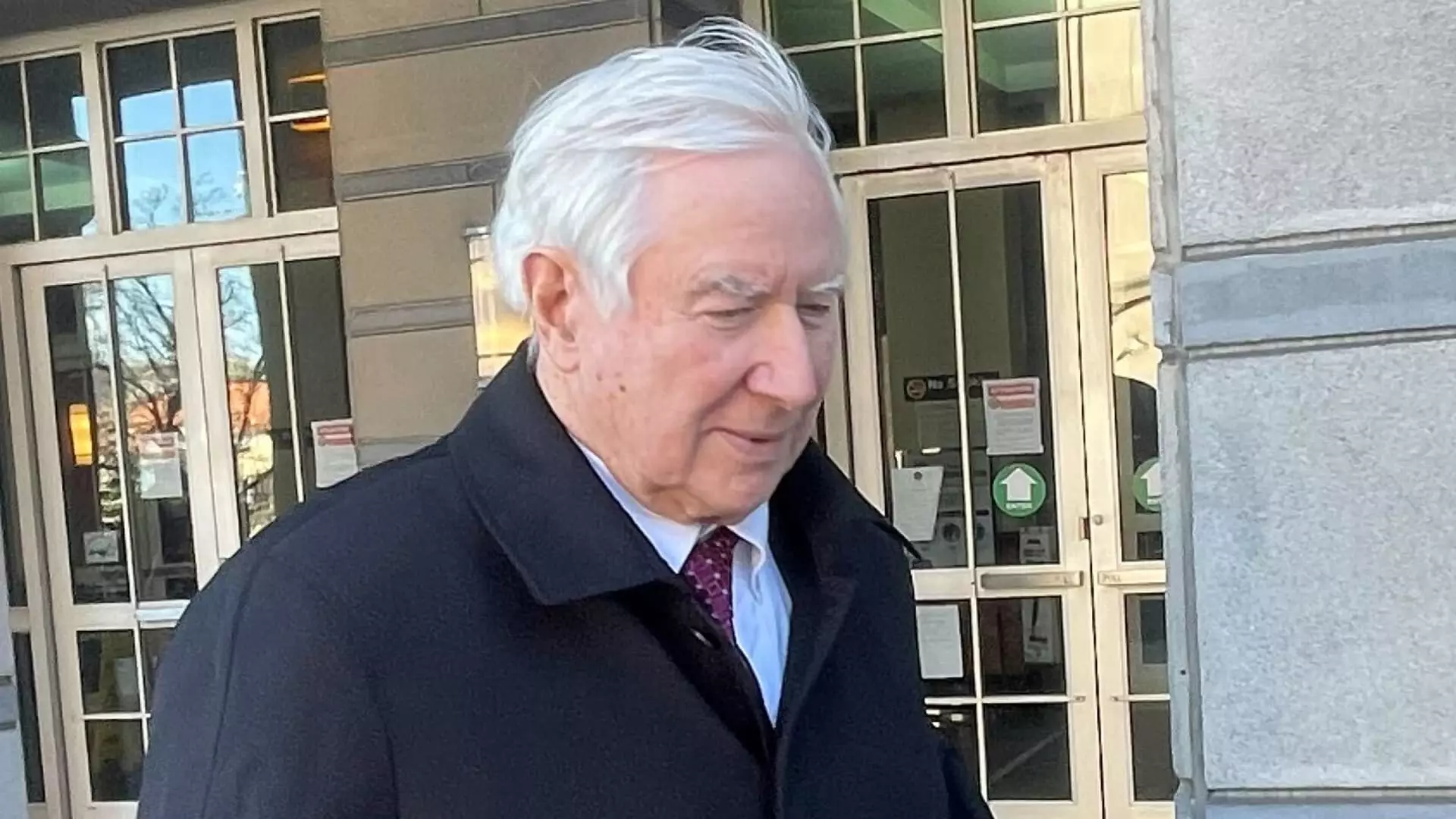On a fateful Thursday, Peter Coker Sr. and his son, Peter Coker Jr., stood before the court and confessed to their involvement in a stock manipulation scheme that highlighted the darker side of financial markets. Their operation revolved around a failing New Jersey deli and its publicly traded parent company, which absurdly boasted a market capitalization of $100 million despite its meager actual business performance. The implications of their actions resonate through the judicial corridors, as they are set to face sentencing in the spring at the U.S. District Court in Camden, New Jersey.
The Co-Conspirators and the Scheme Unraveled
A crucial element of this story involves James Patten, a third defendant, who had previously pled guilty to securities fraud and conspiracy charges. Patten’s admission last December added legitimacy to the claims against the Cokers, as they participated in a concerted effort to artificially inflate the stock prices of Hometown International—identified mainly by its sole asset, Your Hometown Deli in Paulsboro—and another shell entity, E-Waste. The breathtaking spike in stock prices, surpassing 900% for Hometown and an inconceivable 20,000% for E-Waste, raises numerous questions about regulatory oversight in the market.
From 2014 to September 2022, the defendants engaged in coordinated trading maneuvers designed to fabricate illusions of demand for Hometown International and E-Waste shares. Such operations are a stark reminder of the ethical dilemmas that can emerge when individuals wield financial power irresponsibly. By asserting control over both companies, the Cokers aimed to use them as ostensible vehicles for reverse mergers—a high-risk strategy designed to vault private companies into public visibility without requisite scrutiny. This case encapsulates the fragility of investor trust and the extensive ramifications of corporate malfeasance.
As the clock ticks down to their sentencing dates, the Cokers face a grim reality. Peter Coker Sr., at 82 years old and living in relative comfort in Chapel Hill, North Carolina, has experienced a lengthy period of freedom on bail since his arrest in September 2022. Meanwhile, Coker Jr. remains incarcerated, having been extradited from Thailand in March 2023. Both men could be sentenced to a maximum of 20 years behind bars, and the gravity of their offenses weighs heavily on any public sympathy they might have previously garnered.
The history of financial misconduct does not help their cause; Patten himself has a background rife with criminal convictions, including a 2010 guilty plea for mail fraud. With such a track record, the current case serves as a bright spotlight on the pervasive issues of fraud and deception in the financial sector, leaving lasting damage in its wake.
These developments are not just isolated incidents but serve as a cautionary tale for investors, highlighting the critical need for vigilance in an arena where integrity can often be overshadowed by personal interests.


Leave a Reply